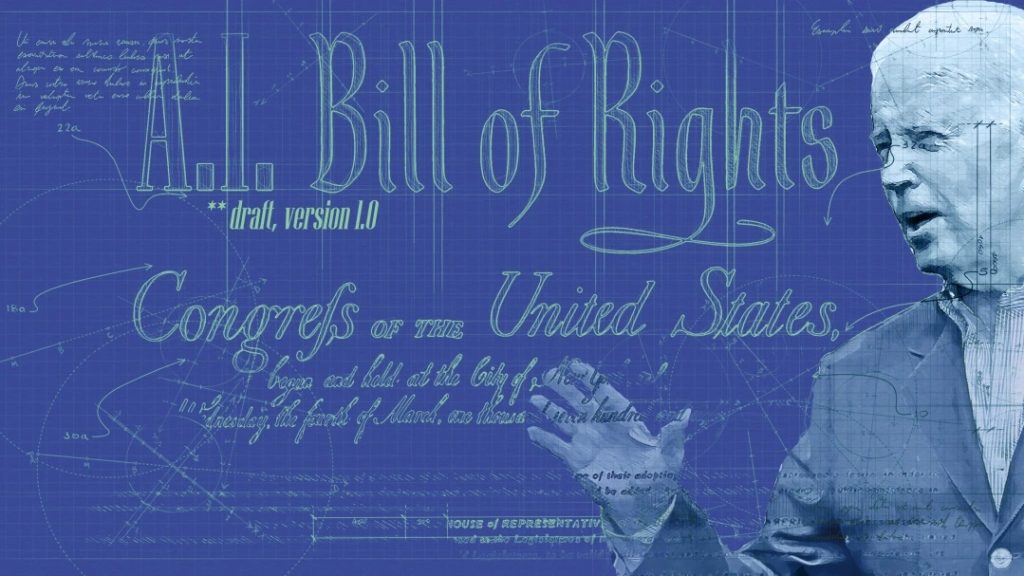President Joe Biden on Oct 4 unveiled a new AI Bill of Rights that outlines five protections Americans should have in the age of artificial intelligence.
Biden has previously called for stronger privacy protections and demanded that tech companies stop collecting data. But the United States is home to some of the world’s largest tech and artificial intelligence companies, has so far been one of only a few Western countries without clear guidance on how to protect its citizens from AI harms.
AI Bill of Rights Is Steps In The Age of AI Accountability

The announcement is the White House's vision for how the U.S. government, tech companies and citizens should work together to hold AI accountable. Critics, however, say the plan is moot and that the US needs tighter regulation of artificial intelligence.
In September, the administration announced core principles for technology accountability and reform, such as ending discriminatory algorithmic decision-making, promoting competition in technology sector, and providing federal protections for privacy.
The AI Bill of Rights, a vision first laid out a year ago by the Office of Science and Technology Policy (OSTP), a US government agency that advises the president on science and technology, is a blueprint for how to achieve those goals. It provides practical guidance for government agencies and calls on tech companies, researchers and civil society take action to establish these protections.
Artificial intelligence is a powerful technology that is transforming our society, such as arts, groceries, treatment etc. It also has the potential to cause serious harm, which often disproportionately affects minority groups. For example, facial recognition technology used in policing and algorithms for distributing benefits are not as accurate for minorities.
The new blueprint aims to correct this balance. It says Americans should be protected from unsafe or ineffective systems; algorithms should not be discriminatory and systems should be designed to be used in a fair manner; and citizens should have agency over their data, and should be protected by built-in protections measures to protect them from abusive data practices. Citizens should also know when to use an automated system on them and understand how it contributes to results. In the end, people should always be able to opt out of AI systems in favour of human alternatives and get remedies when things go wrong.
Sneha Revanur, head of Encode Justice, a group focused on young people and AI, said the AI Bill of Rights could set the stage for future legislation, such as passing the Algorithm Accountability Act or creating an agency to regulate AI.

